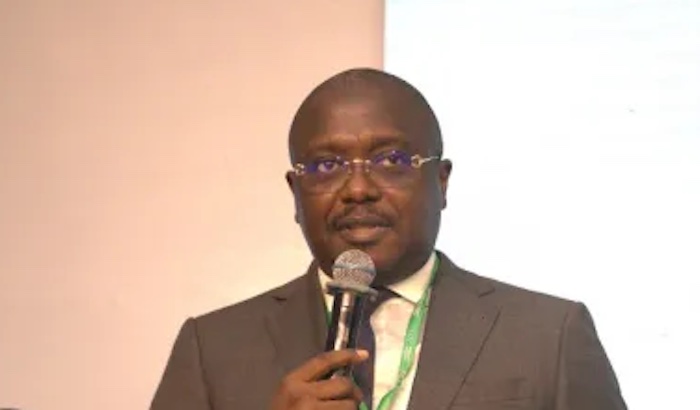
The Federal Executive Council (FEC) has approved three major policies aimed at accelerating Nigeria’s shift to a digital and knowledge-based economy. The reforms, presented by the Minister of Industry, Trade and Investment, Dr. Jumoke Oduwole, are a cornerstone of President Bola Ahmed Tinubu’s Renewed Hope Agenda, designed to diversify the nation’s economy and drive sustainable growth.
The approved policies include:
- National Intellectual Property Policy and Strategy (NIPPS): Nigeria’s first unified framework to protect and commercialise intellectual property rights. According to Dr. Oduwole, the policy “connects innovators, creators, and investors to turn ideas into economic assets, transforming creativity into capital.” Developed with support from the World Intellectual Property Organization (WIPO) and inputs from over 200 stakeholders, NIPPS aims to position Nigeria as a regional hub for intellectual property and innovation in West and Central Africa.
- Ratification of the AfCFTA Protocol on Digital Trade: This protocol strengthens Nigeria’s role in Africa’s digital economy by establishing continent-wide standards for e-commerce, data governance, cybersecurity, and consumer protection. The policy ensures a predictable environment for digital transactions, creating opportunities for fintech, e-commerce, and creative tech enterprises.
- National Coordination Mechanism for Services Exports, led by the National Talent Export Programme (NATEP): This initiative seeks to expand Nigeria’s global services footprint, aiming to create one million new jobs and contribute $10 billion annually to GDP by 2030. It is designed to position Nigeria as Africa’s hub for digital outsourcing and professional services.
Together, these policies represent a significant step in Nigeria’s economic transformation, emphasising innovation, data, and talent as the drivers of industrialisation and prosperity.
Faridah Abdulkadiri


